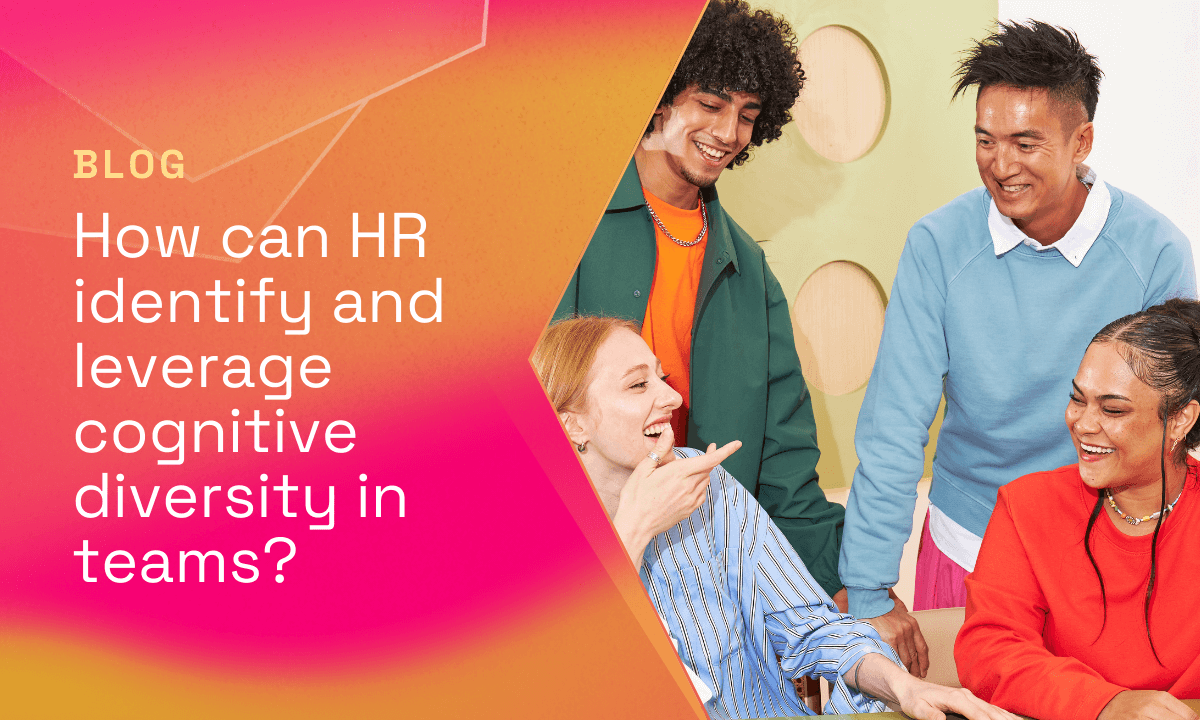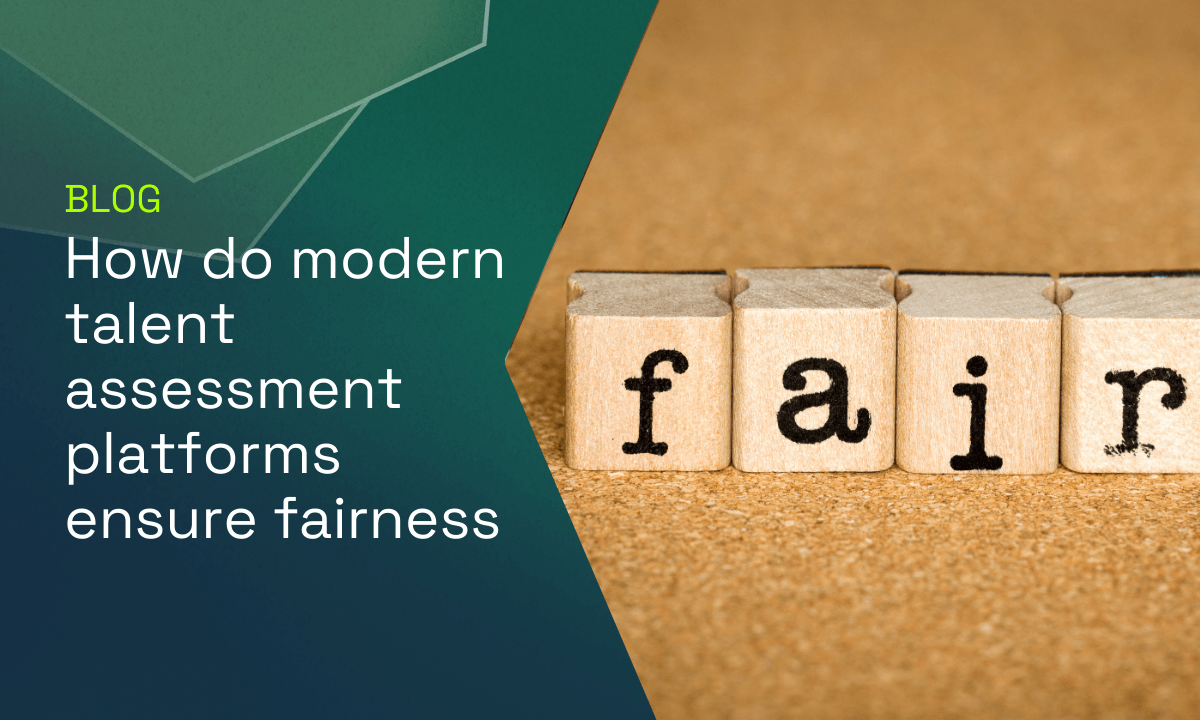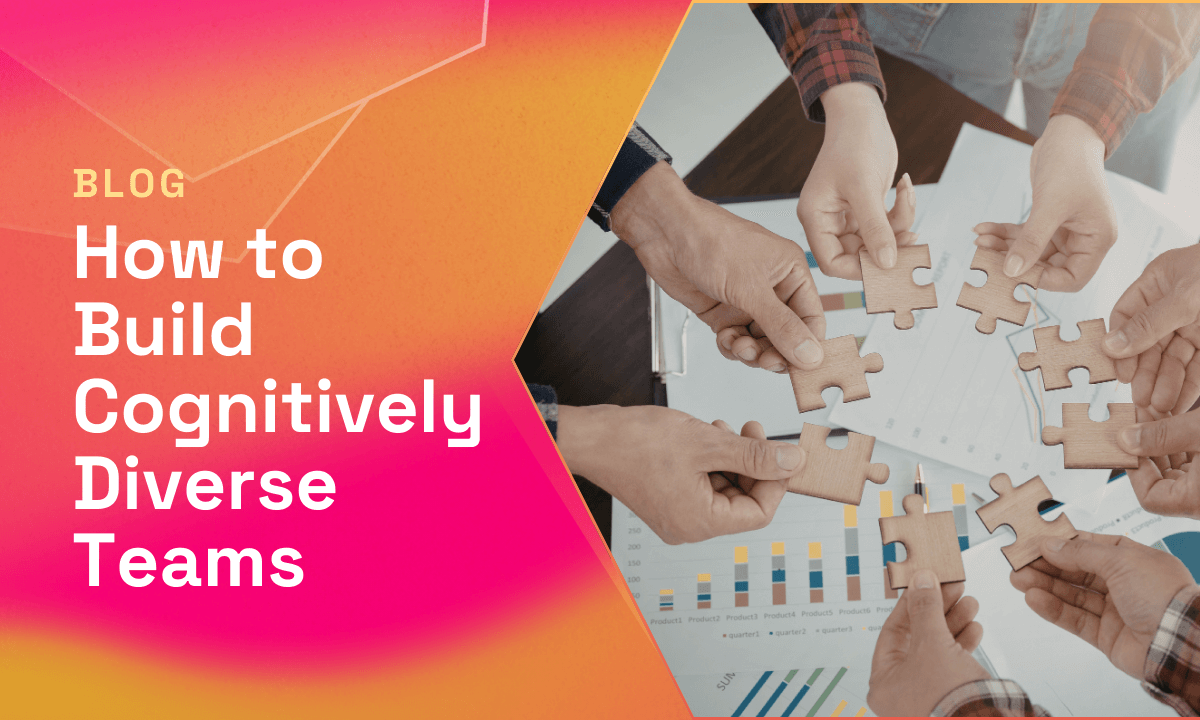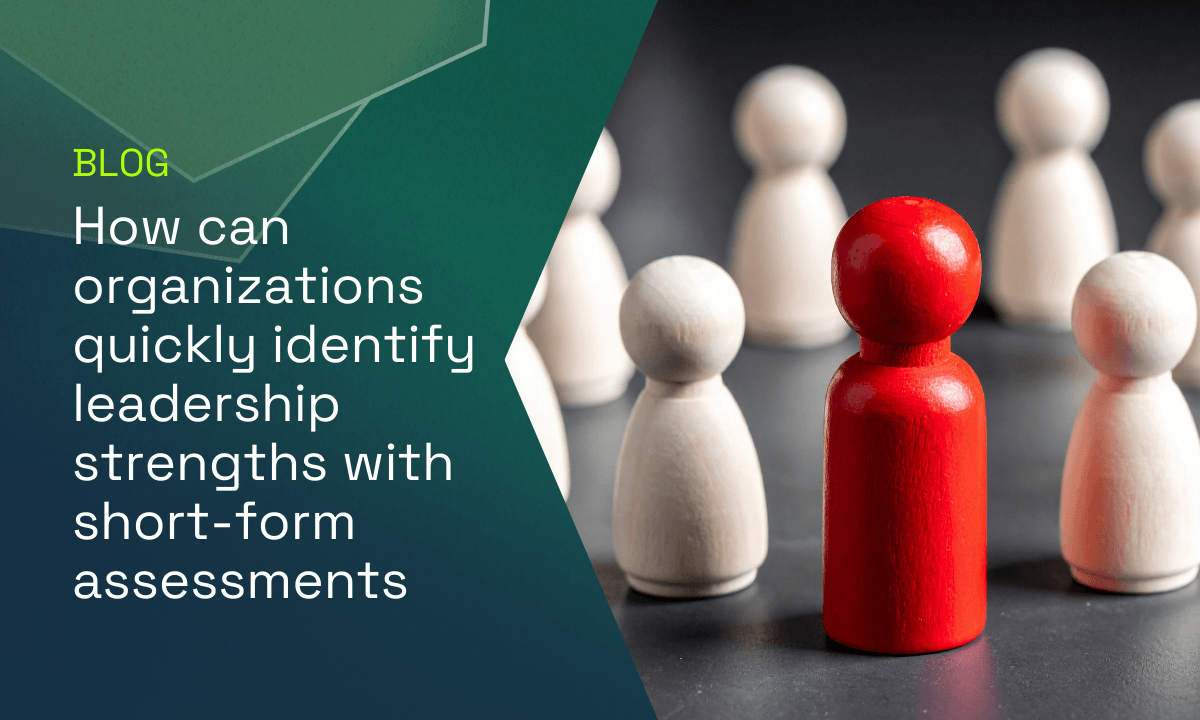8 key facts about Cognitive Diversity
Cognitive diversity is all about how people think, perceive, and approach problem-solving, and has emerged as a cornerstone of organizational success in today's dynamic and interconnected world. Beyond the visible markers of diversity like race, gender, and ethnicity, cognitive diversity delves into the different ways people process information, offering unique perspectives and insights. An interesting HBR article has pointed out various ways by which cognitive diversity promotes success in an organization.
In this era of rapid change and complexity, harnessing the power of cognitive diversity is not just advantageous but imperative for organizations striving to innovate, adapt, and thrive. Understanding the nuances of cognitive diversity and its implications can unlock a wealth of opportunities for improved decision-making, creativity, and long-term success.

Here are eight key facts about cognitive diversity and reasons why organizations should embrace it:
- It aids in better Problem-Solving: Research suggests that teams with higher cognitive diversity tend to be more effective at problem-solving. Diverse perspectives can lead to a wider range of solutions and better decision-making.
- Fosters Creativity and Innovation: Cognitive diversity fosters creativity and innovation by encouraging the exploration of different ideas and approaches. Studies indicate that cognitive diversity can drive innovation and creativity up to 20 percent. When people with varied perspectives collaborate, they can generate novel solutions to complex problems.
- Reduces Groupthink: Cognitive diversity helps guard against groupthink, where group members prioritize harmony and consensus over critical evaluation of ideas. Diverse teams are more likely to challenge assumptions and consider alternative viewpoints.
- Promotes Adaptability: In rapidly changing environments, cognitive diversity is crucial for adaptability. Teams with diverse cognitive styles are better equipped to respond to unexpected challenges and opportunities.
- Inculcates a culture of Learning and Growth: Exposure to diverse perspectives promotes learning and personal growth. Interacting with people who think differently encourages individuals to question their own assumptions and broaden their understanding of the world.
- Improves Decision Quality: Cognitive diversity can improve the quality of decision-making by reducing the likelihood of cognitive biases. When individuals approach problems from different angles, they are more likely to identify and mitigate biases that could skew judgments.
- Increases Employee Engagement: Organizations that value cognitive diversity tend to have higher levels of employee engagement and satisfaction. When employees feel that their unique perspectives are valued, they are more likely to contribute meaningfully to team efforts.
- Flexibility and Adaptability: Teams with cognitive diversity are more flexible and adaptable in the face of change, as they can draw upon a wider range of perspectives and approaches to navigate uncertain situations.
Denning (2012) refers to cognitive diversity as “super-additive” in one of his Forbes pieces. The value of cognitive diversity cannot be overstated – It is not merely a checkbox on a diversity and inclusion agenda but a fundamental driver of organizational resilience and success. Dive deeper into your organization’s Cognitive Diversity with cutting edge tools like Deeper Signals and get to know your workforce better. To know more about building cognitive diversity read our article “How to build a cognitively diverse team”.
Embrace different ways of thinking, and pave the path for endless innovation and progress with Deeper Signals by your side!





























